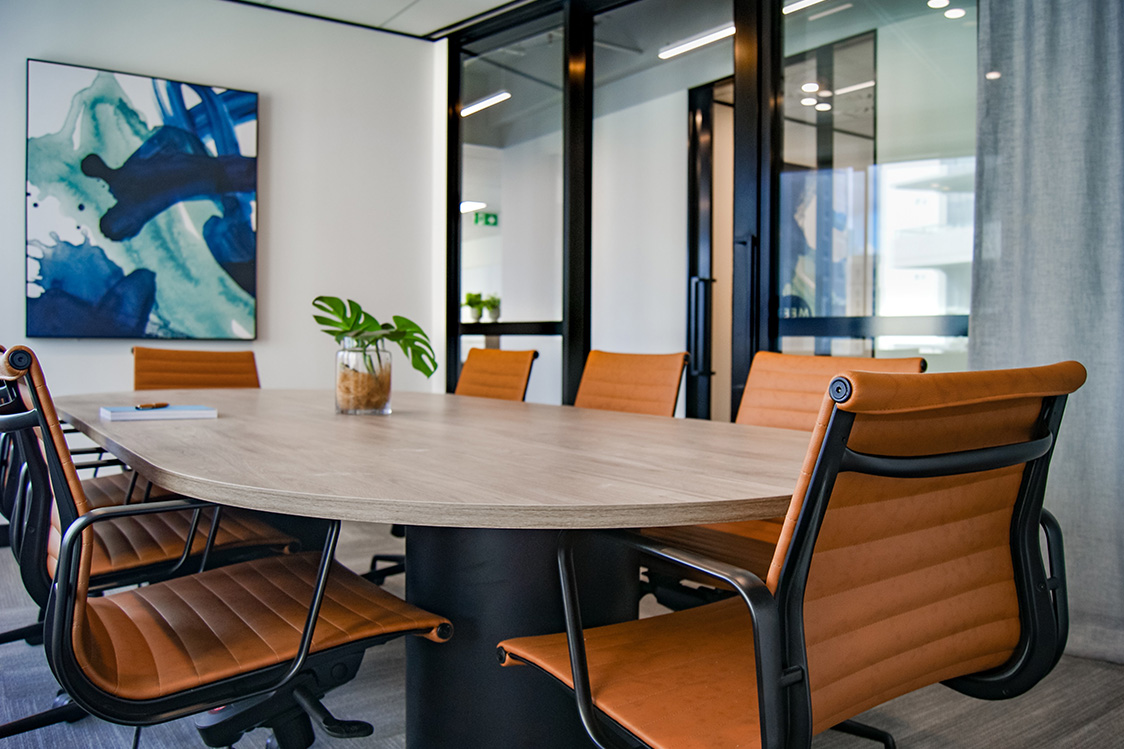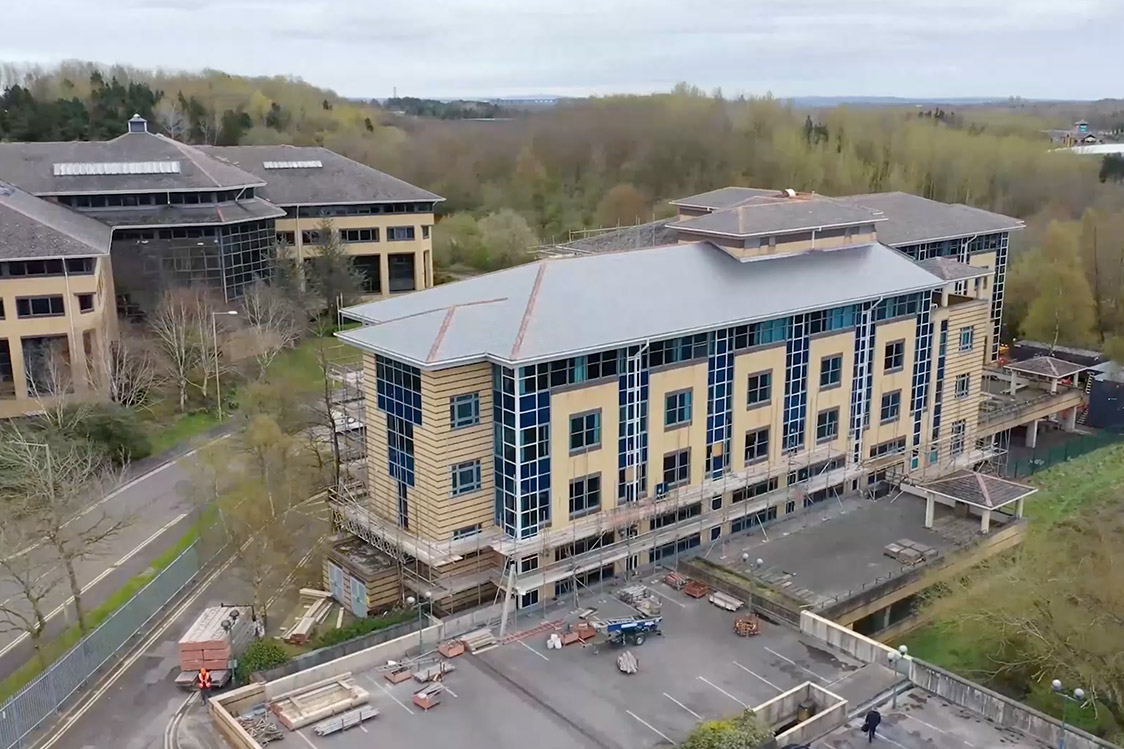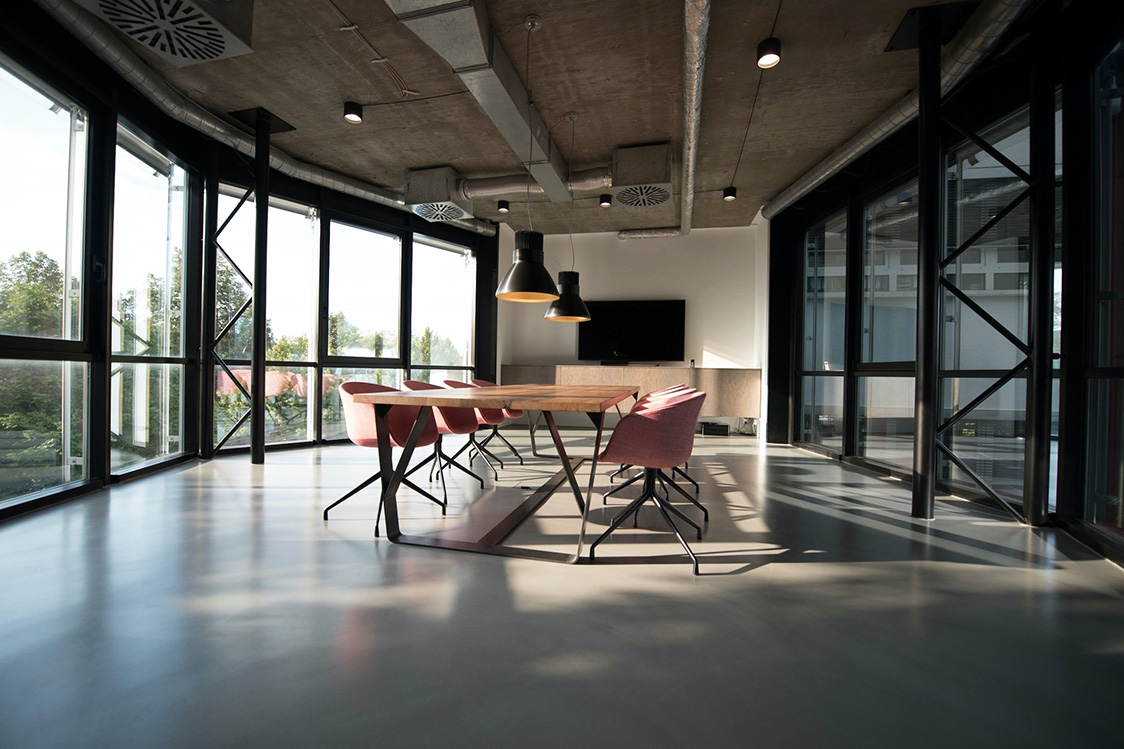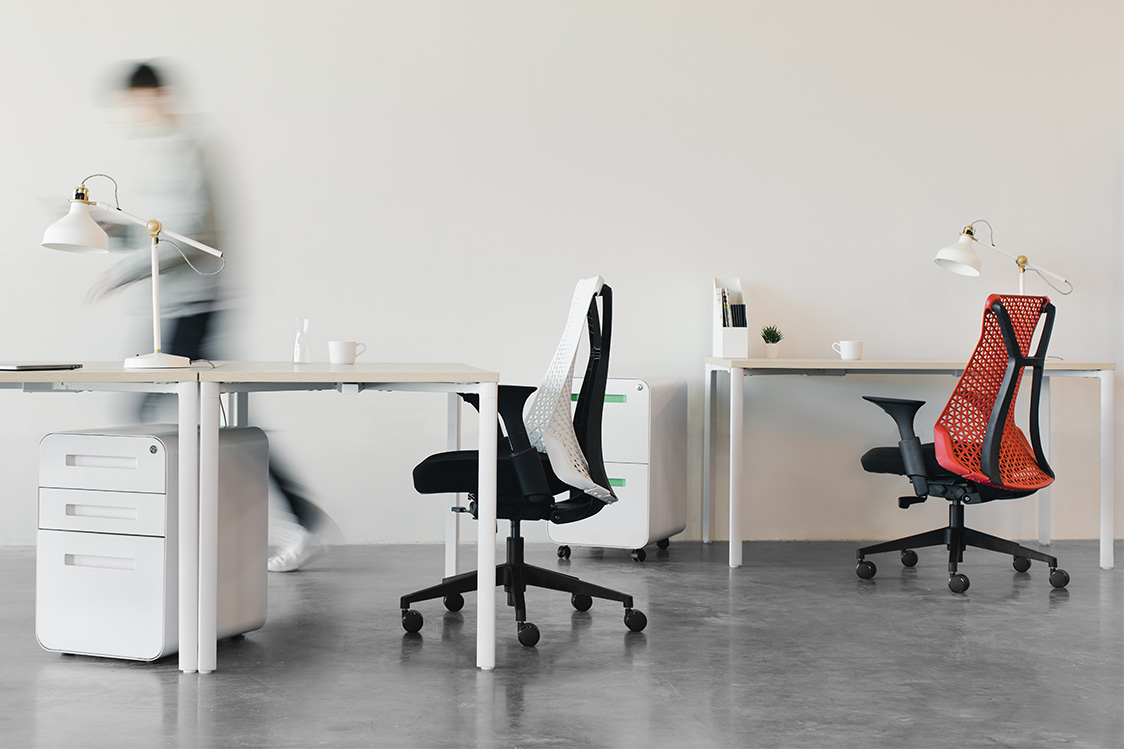A newly published paper calls on city planners to “transform the city” and “save the climate” by applying the lessons learned during the COVID-19 pandemic.
Diana Reckien, at the Department of Urban and Regional Planning and Geo-Information Management at the University of Twente, Enschede in the Netherlands, published her study in the journal Planning Theory & Practice.
She wrote: “SARS-CoV-2 achieved what climate change science and advocacy have not been able to achieve in more than 30 years… profound, system-relevant changes were possible in timeframes of days to weeks only.”
Worldwide CO2 emissions fell 6% in 2020, but as economic activity bounced back towards the end of the year, emissions increased 2% in December 2020 compared with the previous year.
Learning the lessons from COVID-19
Ms Reckien says there are four ways to tackle climate change and COVID-19 together:
- Re-greening cities
- Re-adjusting inner cities and office spaces
- Re-structuring neighbourhoods
- Re-moving transportation systems
Serviced offices can support these ambitions in a variety of ways:
- By embracing green areas, waterside locations and outdoor spaces.
- By reducing urban density and creating office spaces out of central business districts.
- By allowing decentralised, self-contained communities of residential, commercial and office space.
- By prioritising easy access via public transport instead of private vehicles.
The benefits of these strategies are clear for the environment, by allowing more natural greenery to grow, as well as reducing carbon miles for commuters.
But there are also advantages for a post-pandemic world with one eye still on infectious disease control, as there is less movement of the workforce on a daily basis, and less crowded workplaces with plenty of fresh air.
How SOC’s serviced offices in London and Manchester can help
The Serviced Office Company’s serviced offices in London and Manchester have been designed to meet as many of the above needs as possible, even in our locations that opened before the pandemic began.
We have always prioritised access to open air and natural surroundings, with our serviced offices in London overlooking the River Thames, and our serviced offices in Manchester adjacent to Salford Quays.
Public transport is a priority via the DLR Canary Wharf station in London, or the Metrolink in Manchester.
And our serviced offices in Manchester are located just outside the city centre, meaning there’s no need to head into the busiest business areas just to get to and from work.
Find out more
If you’d like to know more about our serviced offices in Manchester and London, including the new locations we have recently opened or have under development, please contact us and we’ll be happy to talk to you about all our premises.
As well as our well-appointed serviced offices, we also have on-site meeting rooms in Manchester and London, for when you need an extra private space for an interview, meeting or training session.
Finally, we have virtual offices in London and Manchester to give you a professional, physical contact address and telephone number, while you are free to work from home or anywhere else – ideal if you want to limit your time in a physical office after the pandemic.








